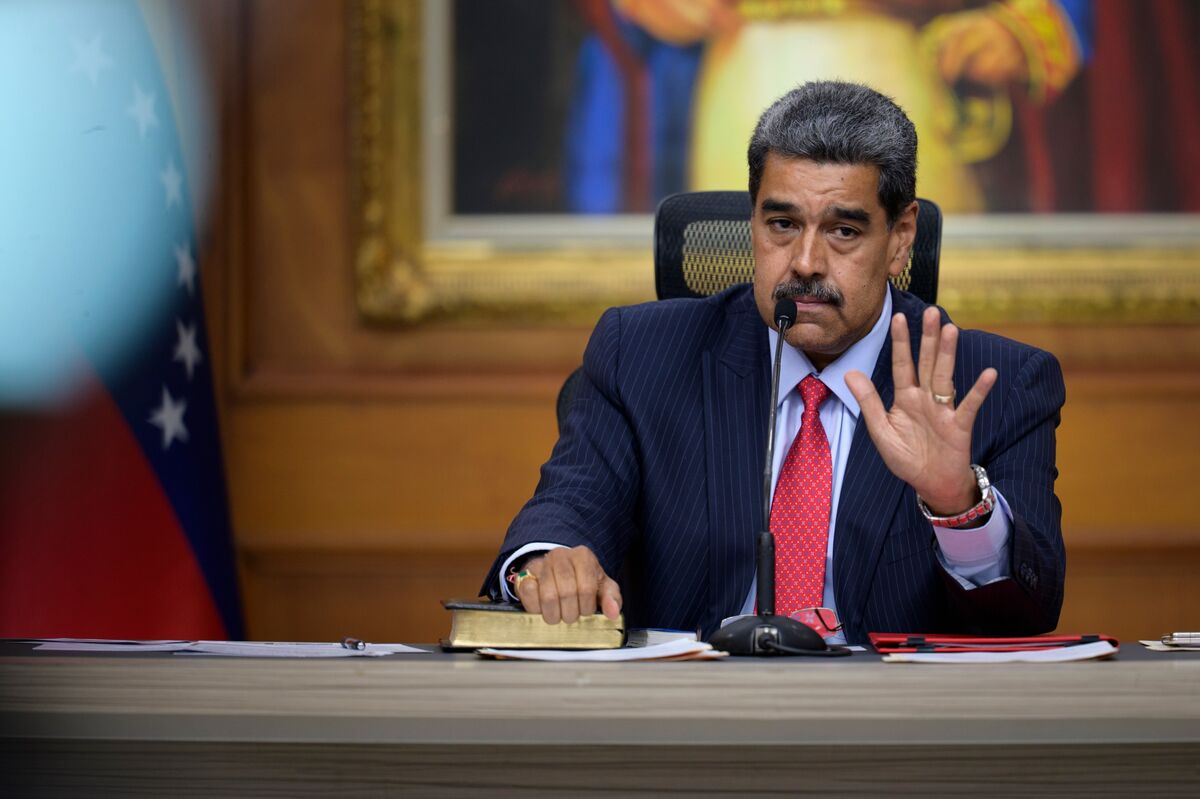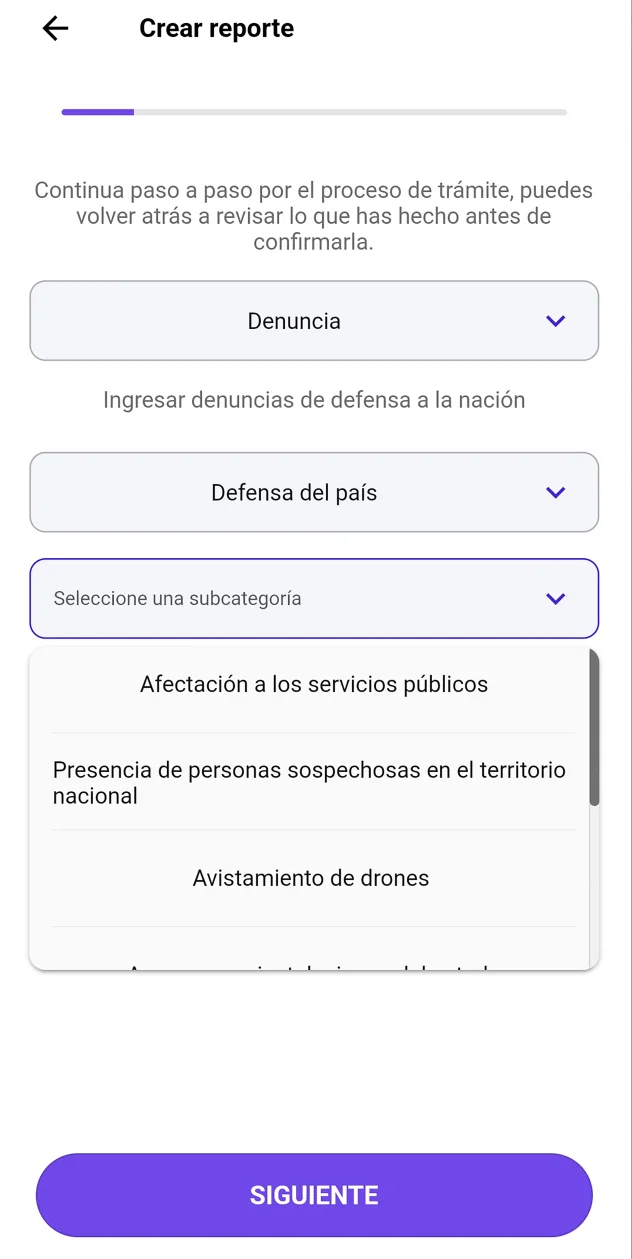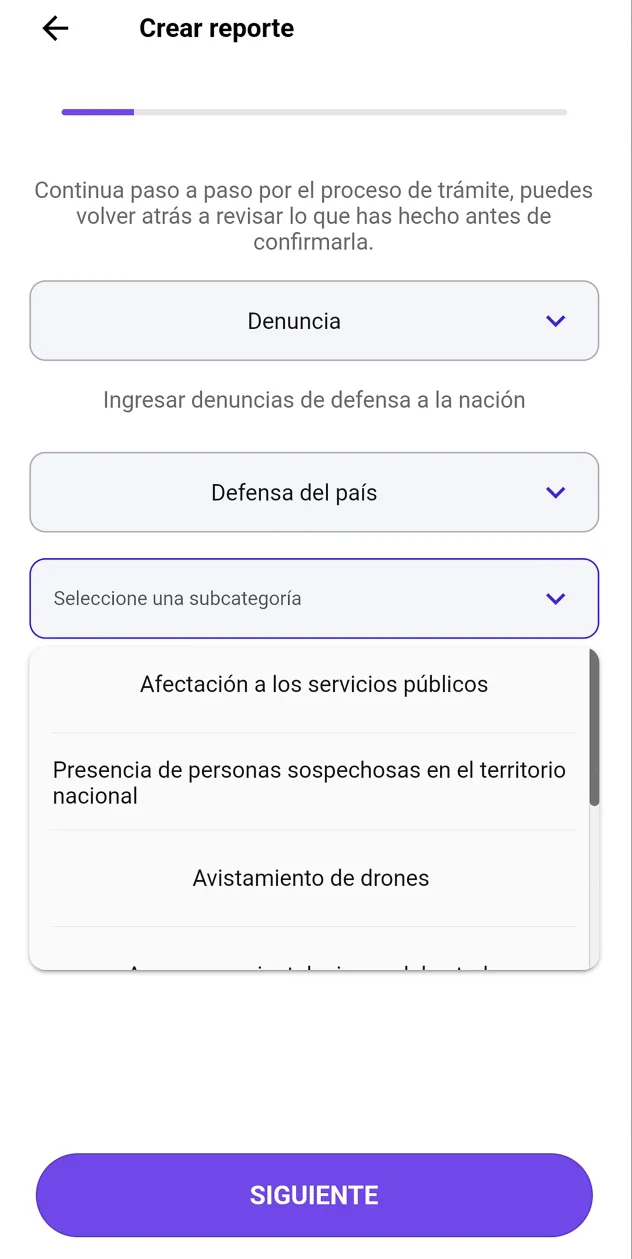
Faced with the prospect of armed conflict with the United States, Venezuela’s government appears to be encouraging citizens to spy on each other by using a recently revamped mobile application, VenApp, to report suspicious people or activities.
Originally launched by Venezuelan President Nicolás Maduro in 2022 as a hybrid application for reporting utility service issues like power outages, the software is now being used as a tool for citizens to inform the government of anything it might consider seditious or disloyal. This update is raising alarm among Maduro opponents and human rights groups about a possible surge in political detentions and social control.
“This initiative represents a serious concern for privacy, freedom of expression, and security, because it promotes a system of social vigilance and the militarization of public order,” wrote the online activist group Venezuela Sin Filtro.
Fearing that US pressure, including President Donald Trump’s recent authorization of CIA operations in Venezuela, could stir upheaval, Maduro last month invited the armed forces to oversee the creation of “a new app, so that the people can safely report everything they hear, everything they read.”

The update to VenApp was made within a week. Citizens are now invited to denounce things like drone sightings or the presence of “suspicious people” in Venezuela.
Adding to the government’s anxieties that the United States may be pursuing “regime change,” the US military is deploying warships, fighter jets, and up to 10,000 troops to the southern Caribbean Sea, allegedly to combat drug traffickers.
These operations, which the Trump administration claims have killed more than 60 alleged “narcoterrorists,” have been widely criticized by the United Nations, some US lawmakers, and regional governments concerned about the abuse of presidential powers.
Maduro has ruled Venezuela since 2013, holding onto power despite an apparently decisive loss in the 2024 presidential election, which the country’s electoral authority proclaimed he won amid allegations of vote-rigging.
When widespread street protests erupted after that election, Maduro invited citizens to use VenApp to report opposition activities. Human rights groups like Amnesty International then warned that the app could be used “to not only limit people’s right to freedom of expression and peaceful assembly, but also potentially contribute to unlawful arrests, detention, and other serious human rights abuses.”
The furor prompted Apple and Google to remove VenApp from their play stores in August 2024, but the application never stopped working for existing users and remains accessible via a sponsored mobile version in browsers. Human rights organizations have renewed their criticism, airing concerns about the persecution of dissent in a country where more than 800 people are behind bars for political reasons, according to the legal rights organization Foro Penal.



